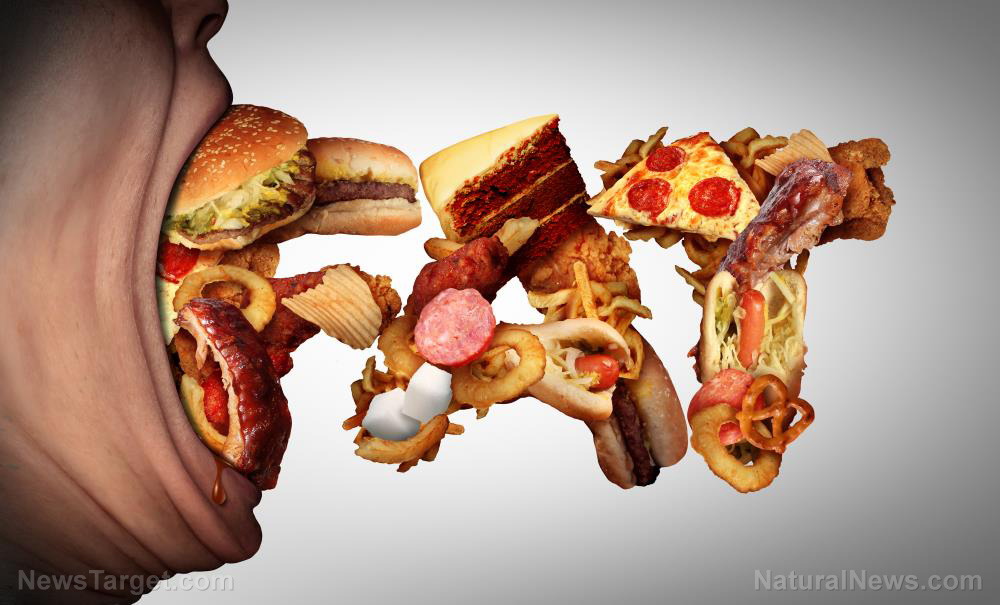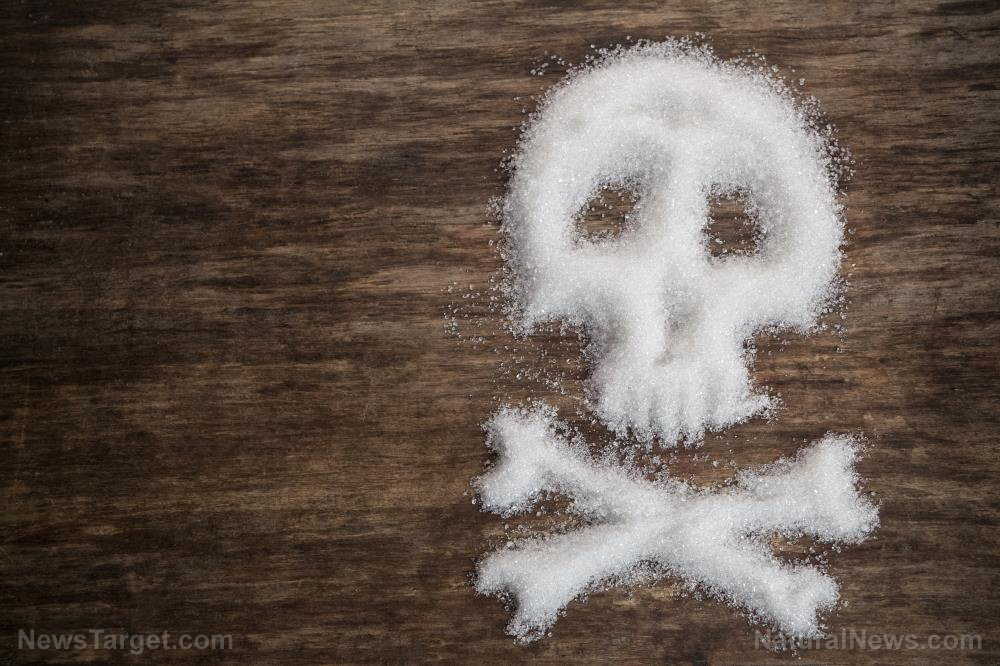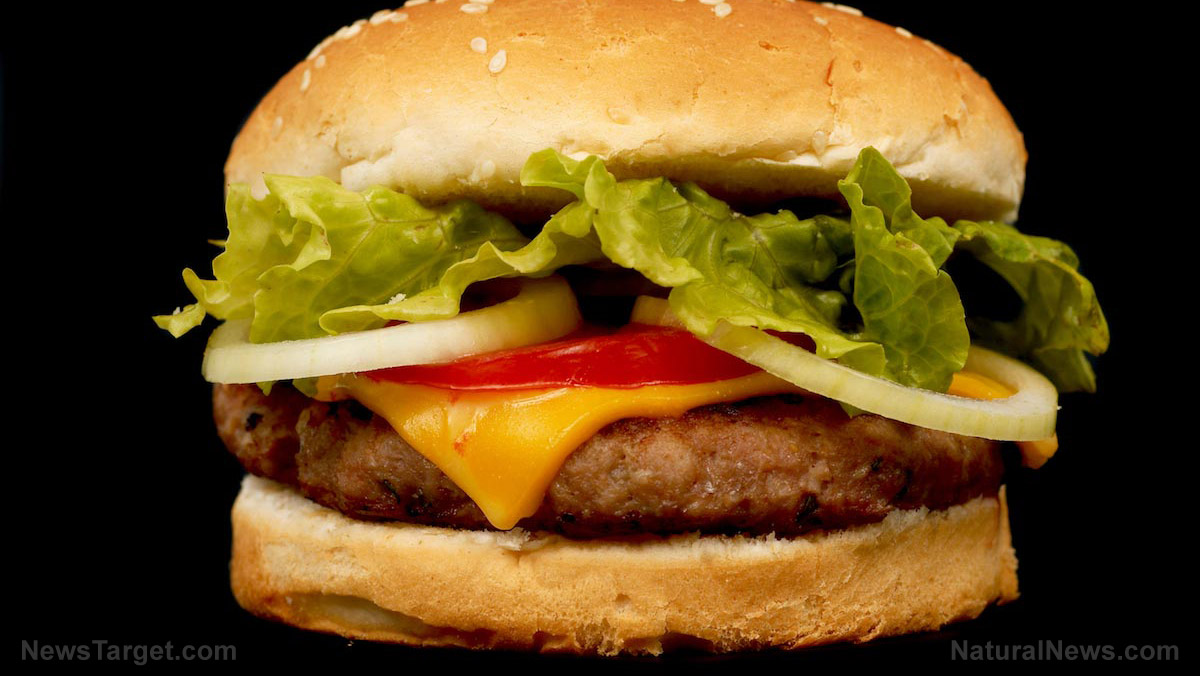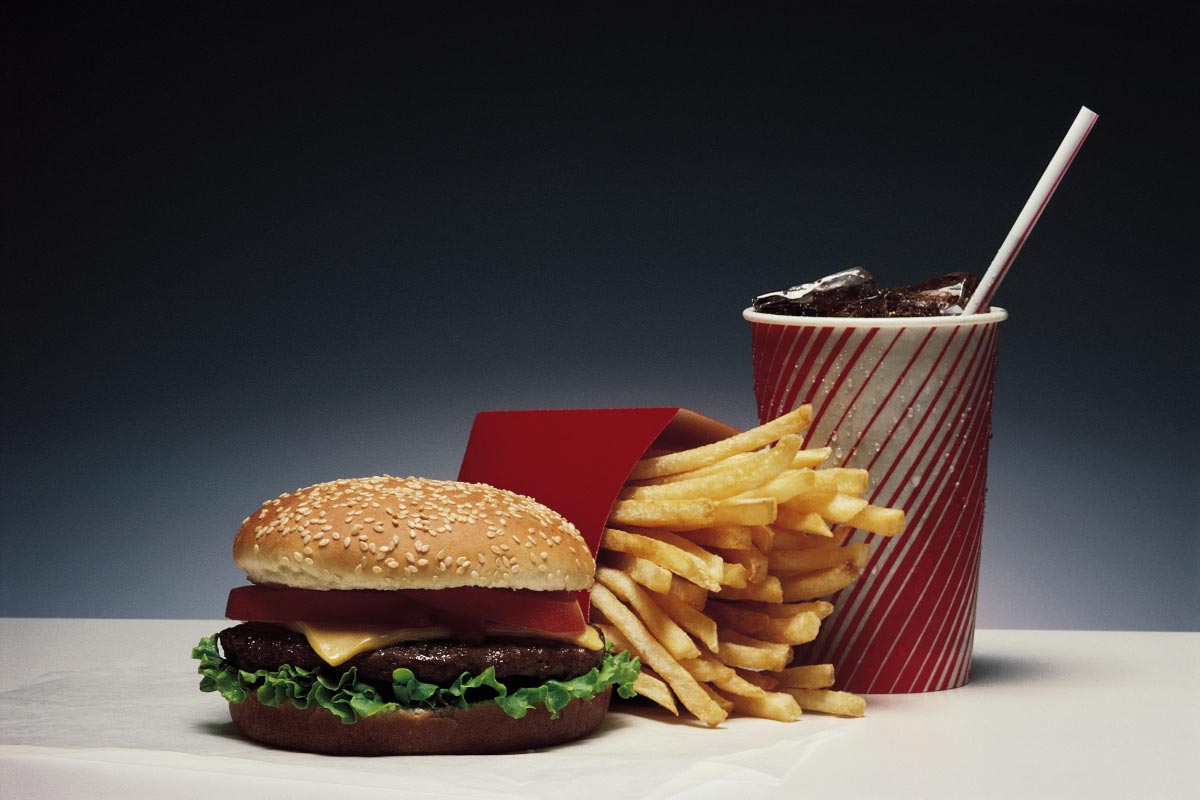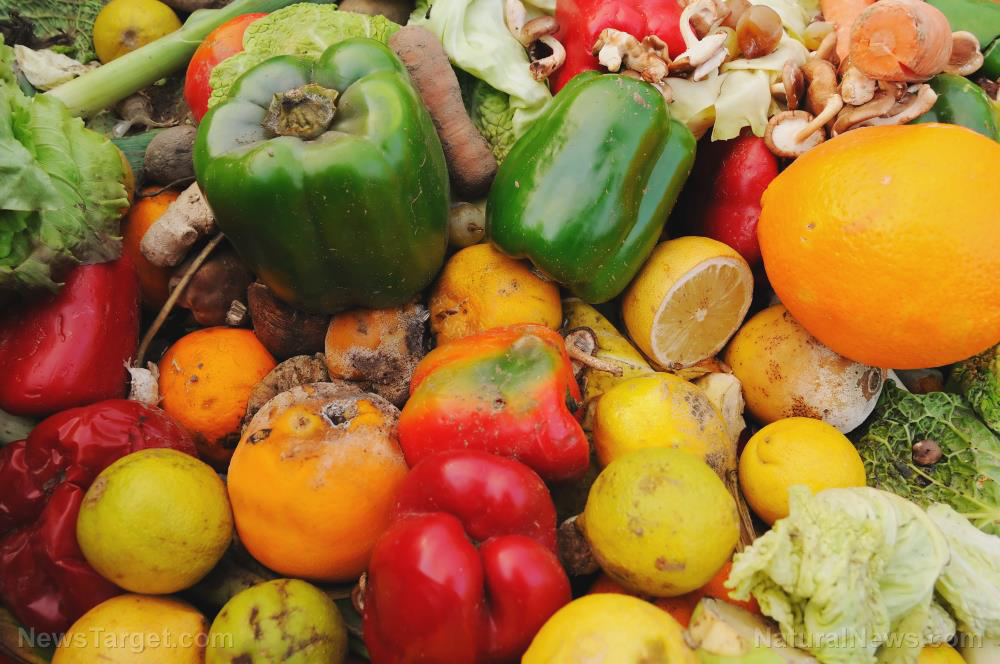Researchers warn about the severe psychological distress caused by eating junk food
06/04/2019 / By Vicki Batts
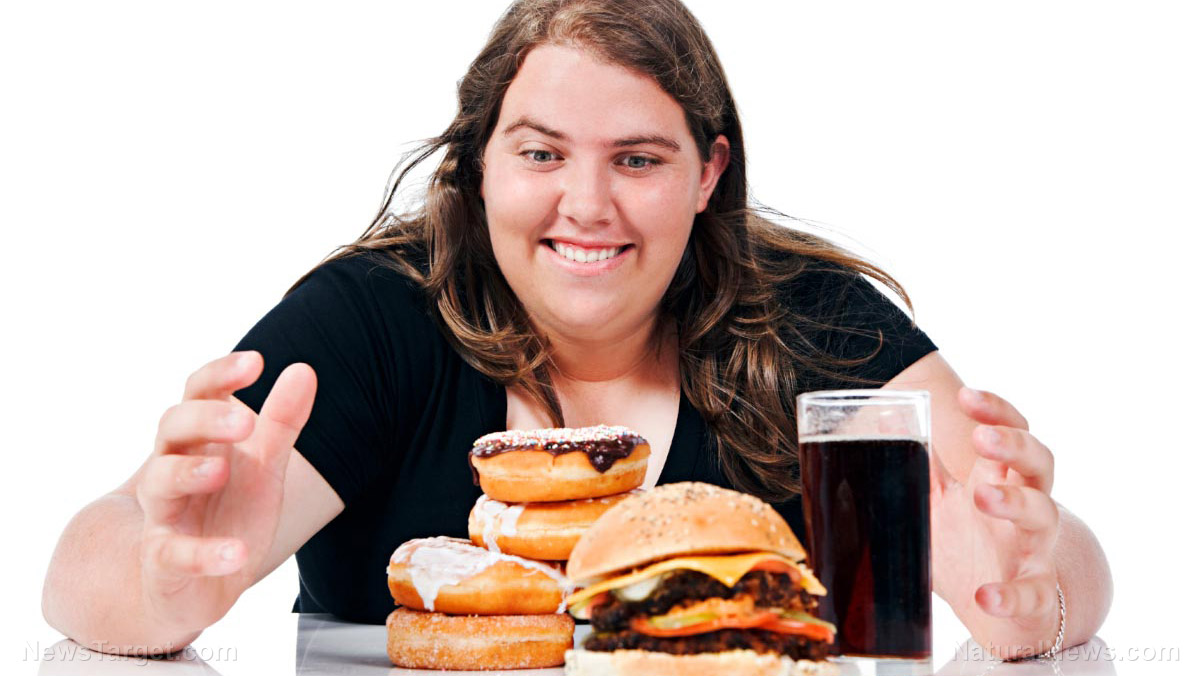
Does junk food make you sad? While the current state of the American food industry is more than enough to make anyone feel depressed, new research from Loma Linda University demonstrates a link between junk-laden diets and psychological distress. Based on their findings, it appears that what you eat can and does affect your mental health — and that the prepackaged garbage peddled as “food” can have a seriously deleterious effect on your emotional well-being.
Even after adjusting for other external factors, the scientists found this relationship held steady: The more junk food a person ate, the more distress they reported feeling. When you consider the physiological effects junk food has on the body, it is no wonder that people report feeling like they are more distressed: They are in distress, they just don’t know it’s because of what the “food” they’re eating is doing to them on the inside.
Estimates suggest that the average American gets 60 percent of their daily calories from processed or junk food. Junk food consumption is a widespread problem here in the United States. Now, there are questions about whether or not junk food is a driving force in the plague of insanity (and stupidity) striking the U.S.
Scientists link junk food to poor mental health
Published in the journal International Journal of Food Sciences and Nutrition in early 2019, a study from Loma Linda University scientists finds a link between poor diet and poor mental health. Even after adjusting for external factors such as gender, age, education and income level, the association between junk food intake and mental illness remained.
Study leader Jim E. Banta, Ph.D., MPH, an associate professor at the school, says that their conclusions support the findings of previous research. To conduct their study, Banta and his team looked at data from the California Health Interview Survey (CHIS). The scientists used 240,000 phone surveys conducted by CHIS between 2005 and 2015, and included data on socio-demographics, health status and health behaviors.
“This and other studies like it could have big implications for treatments in behavorial medicine,” Banta said of the findings.
“Perhaps the time has come for us to take a closer look at the role of diet in mental health, because it could be that healthy diet choices contribute to mental health. More research is needed before we can answer definitively, but the evidence seems to be pointing in that direction,” he added.
The fact that scientists in the 21st century are only now just beginning to even consider the possibility of a relationship between nutrition and mental health is truly disturbing. Natural health practitioners have long been aware of the importance of good nutrition for total well-being, including mental state.
Is poor nutrition turning America insane?
Vitamin D deficiency is a well-known cause of depression. B vitamins, iron, selenium and magnesium also support good mental health and deficiencies in these nutrients can also cause depression and anxiety. There is a growing body of research which strongly supports poor nutrition as a causative factor not only in depression, but in other mental illnesses — including schizophrenia, bipolar disorder, OCD and more.
For example, Dr. Banta notes that some research has linked high sugar consumption to bipolar disorder, while fried foods and processed grains are linked to depression. There is no ignoring the link between diet and disease — whether it is of the body or of the mind makes no difference.
Nearly 60 percent of the American population’s diet comes from disease-causing food, and it is hard not to wonder if obesity, heart disease and death aren’t the only problems being caused by junk food diets.
Are the increasingly insane leftists just running around in a nutrient-deprived, sugar-spiked frenzy? Whether you’re talking about the inanity of “social justice” score-keeping or the rapid acceptance of censorship to silence conservatives, it’s clear that the far left is missing a few bolts upstairs. A diet of GMOs, pesticides and toxic food additives will do that to you, though.
See more coverage of the latest nutritional research at Science.news.
Sources for this article include:
Tagged Under: Anxiety, brain function, depression, fast food, mental health, mind body science, research, scientific, toxic food, toxins
RECENT NEWS & ARTICLES
COPYRIGHT © 2017 FAST FOOD NEWS



